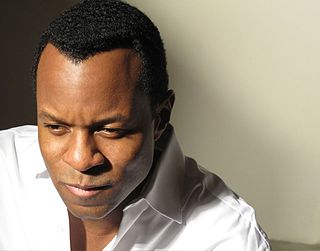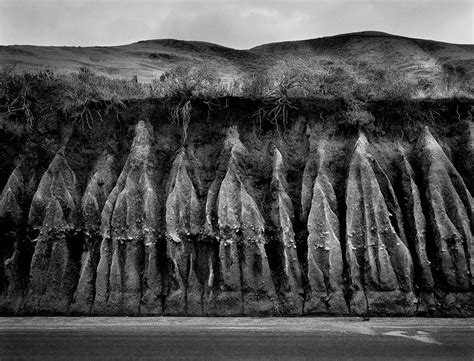A Quote by John Ralston Saul
Elites quite naturally define as the most important and admired qualities for a citizen those on which they themselves have concentrated.
Related Quotes
The Ideas of primary Qualities of Bodies, are Resemblances of them, and their Patterns do really exist in the Bodies themselves; but the Ideas, produced in us by these Secondary Qualities, have no resemblance of them at all. There is nothing like our Ideas, existing in the Bodies themselves. They are in Bodies, we denominate from them, only a Power to produce those Sensations in us: And what is Sweet, Blue or Warm in Idea, is but the certain Bulk, Figure, and Motion of the insensible parts in the Bodies themselves, which we call so.
Beauty, like all other qualities presented to human experience, is relative; and the definition of it becomes unmeaning and useless in proportion to its abstractness. To define beauty not in the most abstract, but in the most concrete terms possible, not to find a universal formula for it, but the formula which expresses most adequately this or that special manifestation of it, is the aim of the true student of aesthetics.
As I became aware that all things have unique spatial and temporal qualities which visually define and relate them, I began to perceive the things I was photographing not as objects but as events. Working to develop my skills of perceiving and symbolizing these event qualities, I discovered the principle of opposites. When, for example, I photographed the smooth, luminous body of a woman behind a dirty cobwebbed window, I found that the qualities of each event were enhanced and the universal forces which they manifested were more powerfully evoked.
Elites are inevitable in politics. That is how politics is going to work. The question is, are your elites responsible, public-spirited? Do they think about the interests of others, not just themselves? And the story of Western politics since the beginning of the century is that as elites become more separated, more selfish, as they leave behind their populations and don't think about them, they become discredited. And the people look for alternatives. But the alternative is worse. Those rules of the game protect us all. And they are more precious than almost any political outcome.
One thing that's important to point out is that this kind of populism has a long and mixed history. It's part of this tradition of problematic anti-elitism where the elites are always the liberal class - the intellectuals, the professors, the artists - and not the economic elites. Why are we so mad and aggrieved at newspaper editors but not at corporate executives? I think we need to look more at the latter, at economic elites.
Men by their constitutions are naturally divided into two parties: 1. Those who fear and distrust the people, and wish to draw all powers from them into the hands of the higher classes. 2. Those who identify themselves with the people, have confidence in them, cherish and consider them as the most honest and safe, although not the most wise depositary of the public interests. In every country these two parties exist, and in every one where they are free to think, speak, and write, they will declare themselves.



































